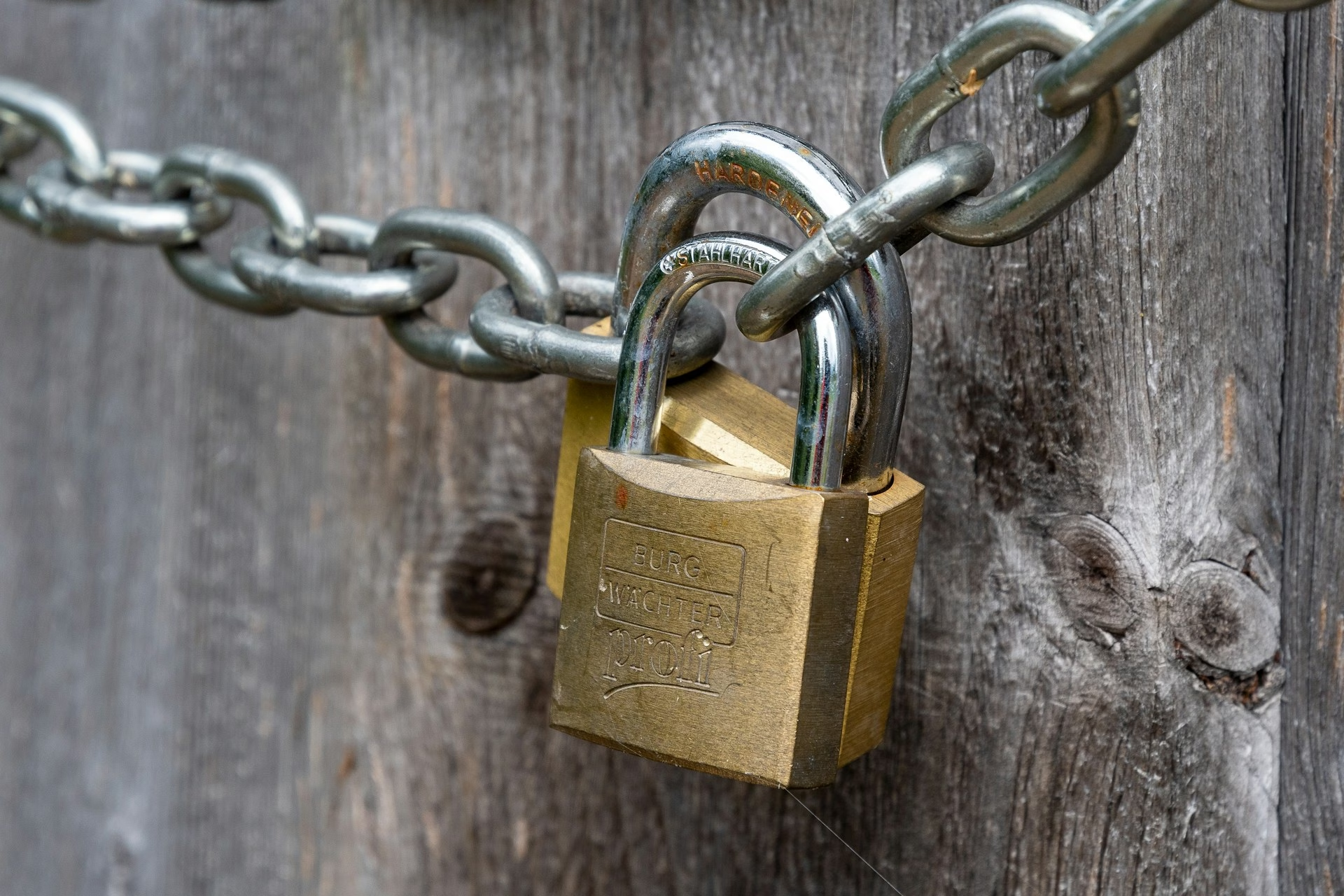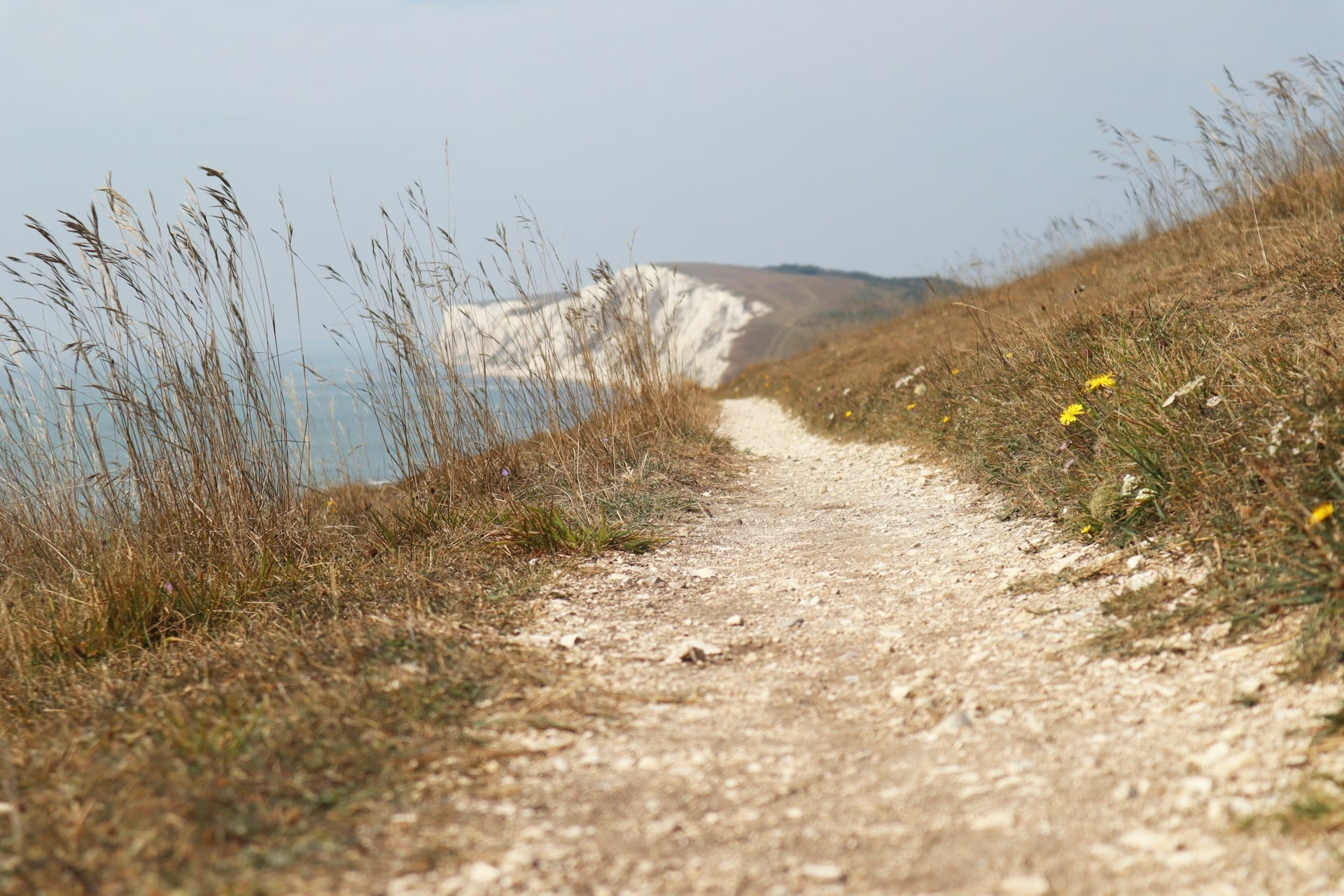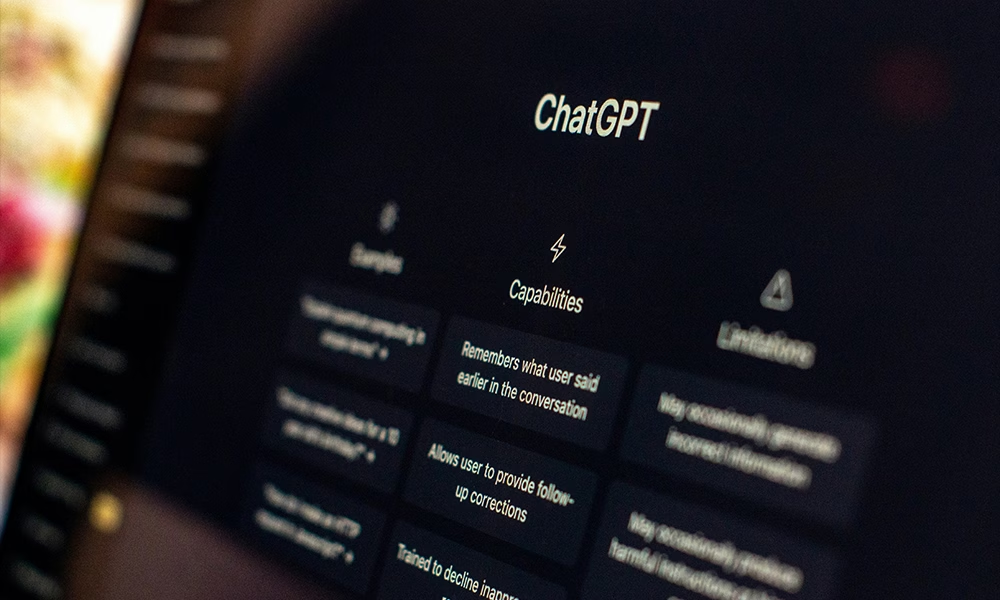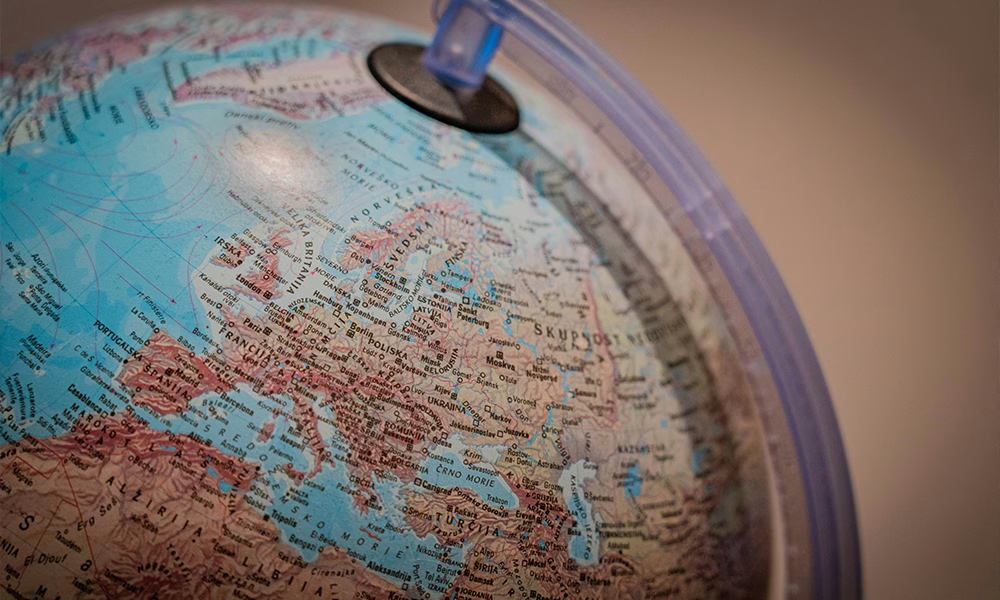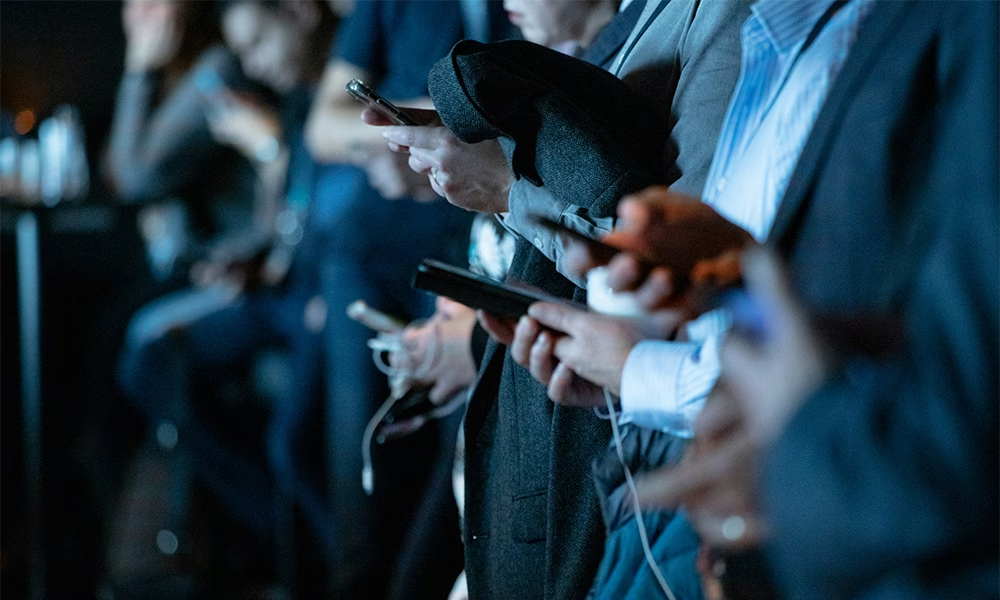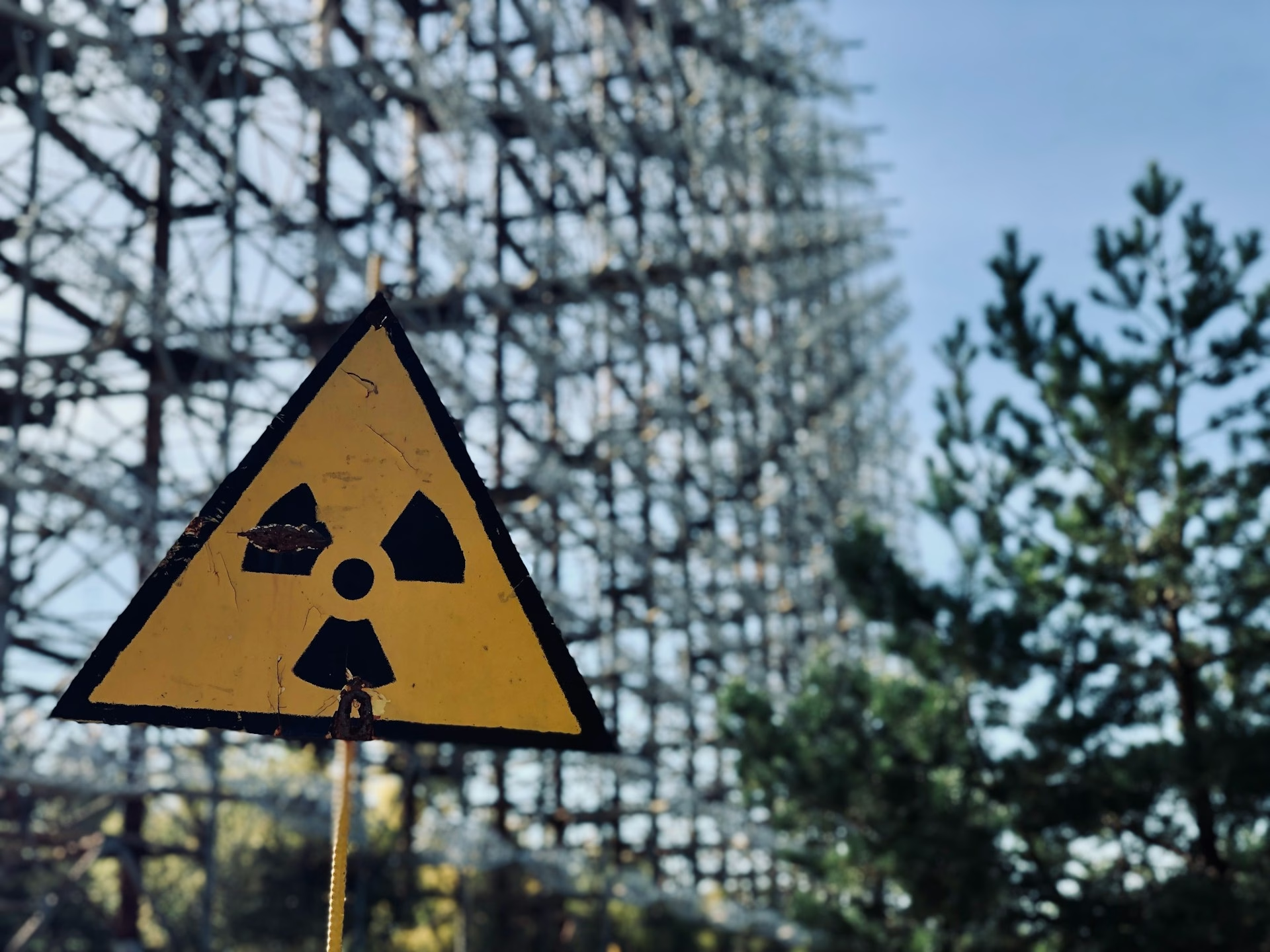Cancelled? There’s Cover for That

I grew up with the Internet, which means I’ve seen the rise of cancel culture firsthand.
For those who didn’t go through the same experience, let me explain: if a public figure commits a serious moral transgression, they’re openly shunned and ostracised, otherwise known as “cancelled”. Take Gregg Wallace as one example (and his DIY crisis comms job didn’t help matters).
Over the years, a digital guillotine has crept up above social media, and now nobody is safe. So, the launch of cancel culture insurance shouldn’t come as a surprise – and yet, it did. To quote one colleague, “it feels like a PR stunt and a load of nonsense”. Maybe so, but I don’t want to rule it out just yet. Could there actually be a case for cancel culture insurance?
Better safe than sorry…?
“But what is included in cancel culture insurance?”, I hear you ask.
Firstly, it’s the result of a collaboration between an insurance company for high-value individuals – other products cover kidnap for ransom, terrorism, and workplace violence – and a crisis comms PR firm. It offers 60 days of standard crisis comms support, a 24/7 hotline, and resources to prevent further reputational damage. It also extends to covering misinformation and deepfakes, and providing security.
On the surface, the policy seems somewhat lucrative. The rise of cancel culture, and the ferocity people direct towards cancelled figures, has created a culture of fear. And whilst I’m not against calling people out for problematic behaviours, it’s true that there are some who take things a step too far. Not to mention, this era of constant connection, and misinformation, has resulted in people are cancelling public figures more quickly, and for more minor offences.
Maybe an insurance policy feels a bit like a life ring. Or maybe it’s security blanket, providing some twisted comfort in that it will embolden people to commit transgressions, knowing they have a team of experts on hand to soften the blows. The reality, however, is that cancel culture insurance doesn’t take into consideration any long-term reputational impact.
A reputational smokescreen
People don’t just forget about problematic behaviour once the dust has settled, particularly as the Internet has become a preservation tool.
And whilst experts do offer resources to prevent public figures from being re-cancelled as part of the policy, is it really going to make a difference? Some of the most prolific cancellations in recent years have led to celebrities being jailed, bankrupted, and generally destitute. Cancel culture insurance doesn’t address anything beyond the short-term; reputationally speaking, it might not actually work in a person’s favour.
This isn’t the only problem. An increasing number of cancelled public figures are either working on their redemption arc, or simply haven’t been impacted by the fallout. In the former camp sits the likes of Phillip Schofield, who is slowly reappearing on TV screens. In the latter sits the likes of Donald Trump, whose laundry list of transgressions I won’t go into – and yet, he has become the most powerful person in the world for a second time. Sometimes, people are simply untouchable.
The court of public opinion cannot be settled with an insurance claim; in a digital age, money can’t buy back trust or erase memories. A public figure choosing to take out this policy before even committing a transgression is a message in itself, and can inadvertently dent a reputation. But cancel culture insurance also suggests that accountability can be outsourced, and isn’t necessarily genuine – both of which risk enabling reputational ruin. So, whilst this policy does come across as gimmicky, I’m curious to see if anything will come of it – and who, exactly, will be planning to claim on it when the time comes.






